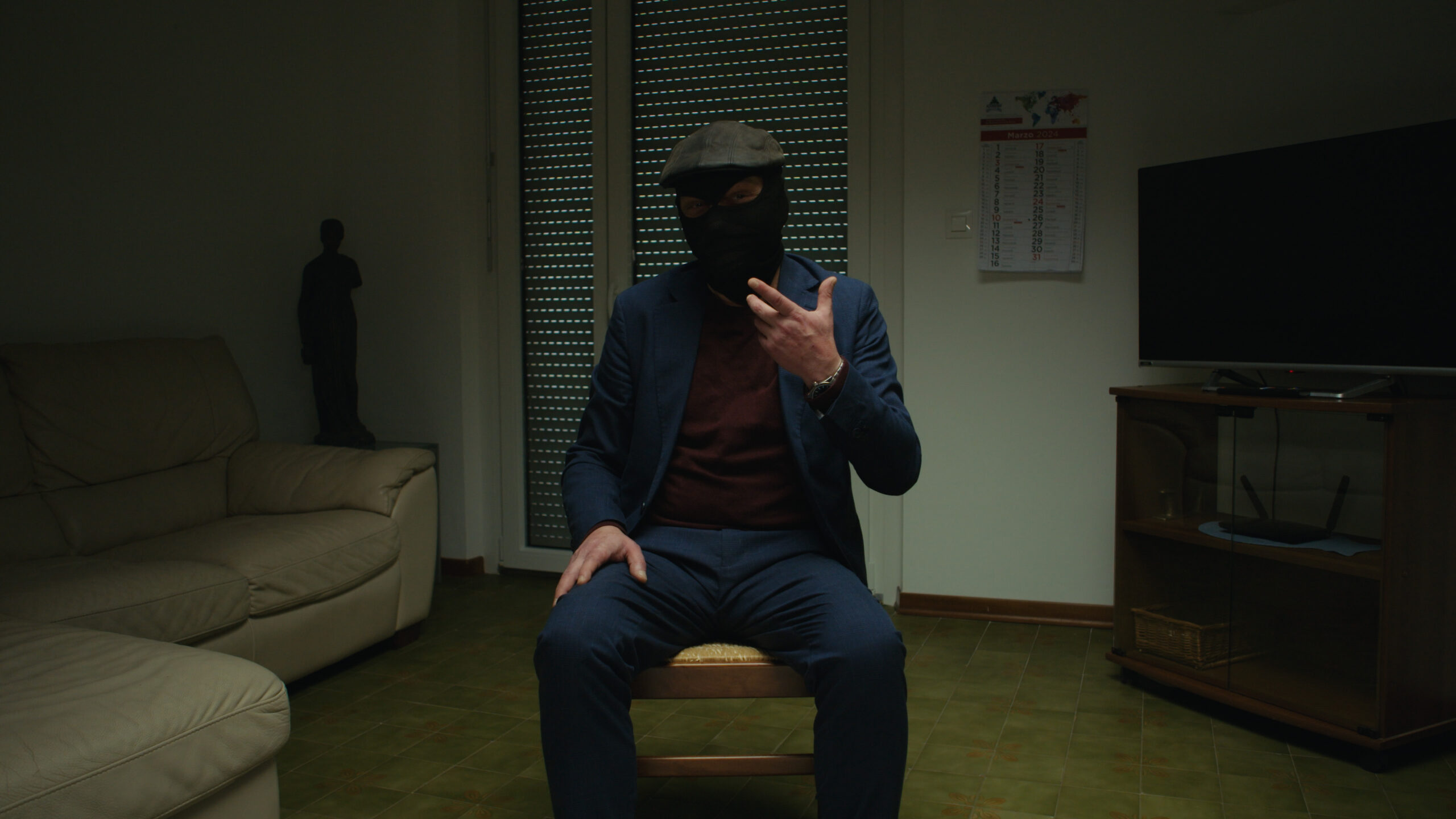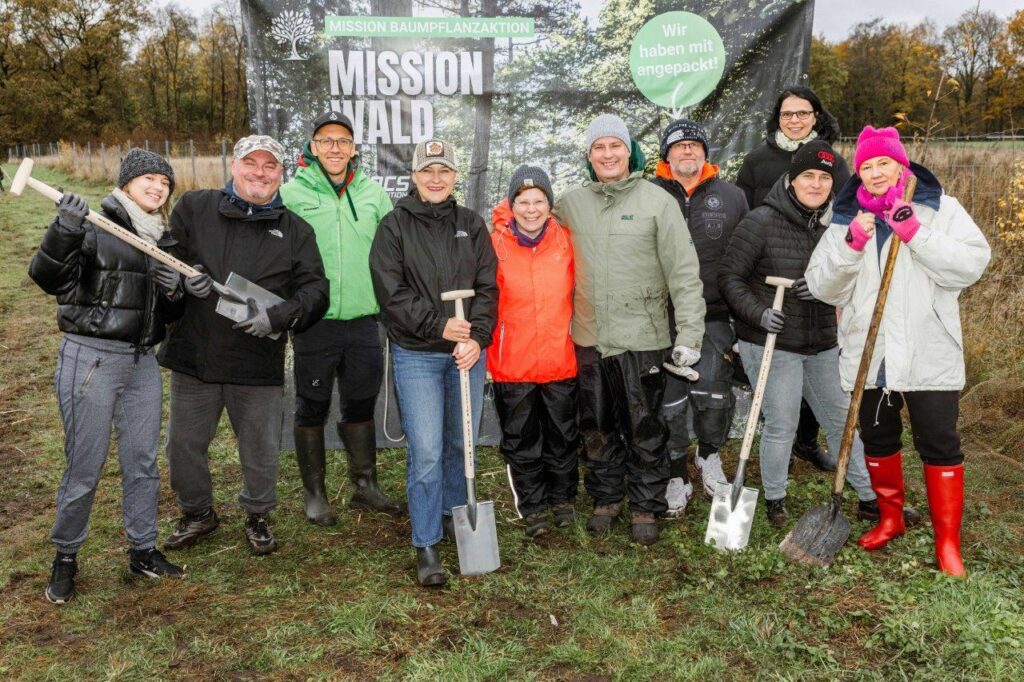A blog post can sometimes have an incredible effect that you didn't expect. Last year we reported on a spectacular drug find in which a mafia organization played a central role. This criminal organization smuggled drugs about container transports in large quantities and large logistics groups were also involved. What we didn't know at the time: This article should make a considerable wave. A few weeks ago, the makers of a production company contacted us, which, on behalf of the WDR, the new ARD documentary "Hunting for the Mafia-the 'Ndrangheta in Germany" .
What does that have to do with us now?
It is astonishing how close the logistics industry is connected to the drug smuggling. The documentation shows how the same global supply chains and transport systems are misused for drug smuggling. Container transports, cargo ships and logistics companies are often used as unwanted “tools” to lock illegal goods. Logistics companies are not directly involved in criminal activities, but such cases show how important it is that everyone involved in the industry takes their responsibility seriously. Transparency, security measures and close cooperation with the authorities are crucial to prevent logistics from being used as a loophole for illegal activities. We would like to make our contribution and show how important these topics are. We were pleased that our blog article awakened the attention of the documentation makers because it addresses exactly what is illuminated in the documentary: the involvement of the mafia into existing logistics structures.
The 'Ndrangheta and its network - a look at the documentation
The sensational document currently available in the ARD media library in three parts takes a look at the incredibly far-reaching area of influence of the 'Ndrangheta, one of the most powerful mafia organizations worldwide.
Part 1 reveals the fascinating structures of the 'Ndrangheta and how it has established itself in the legal economy in Germany. Gastronomy businesses, real estate transactions and company participations serve the organization as a perfect camouflage to wash their illegal profits - mostly unnoticed by the public. An impressive example of the brutal presence of the 'Ndrangheta in Germany is the attack by Duisburg in 2007. Six men were shot in front of an Italian restaurant - a bloody chapter in the internal power struggle between two hostile clans of the organization. This incident made it clear that the 'Ndrangheta acts not only in hidden, but also enforced its interests in Germany.
Part 2 of the documentary is about the international drug smuggling of the 'Ndrangheta. Current cases are shown that are quite sensational. One of them is the case of Karl-Heinz E., called "Kalle". The accusation of having smuggled around 880 kilos of cocaine for the mafia together with seven accomplices. The group used a fishing paradise in the Sauerland as a camouflage for its criminal activities. This case shows how the 'Ndrangheta legal structures and companies infiltrate to handle their illegal business. The documentation uses such examples to show how closely the logistics industry and other branches of business can be intertwined with criminal networks without knowing it.
Part 3 is about the fight against the 'Ndrangheta. German and international authorities show how they proceed and how they try to smash the organization. But the mafia can adapt - new methods always make it difficult to put the criminals. The documentary shows that the fight against organized crime is a long process that can only be successful through international cooperation.
Why the topic concerns us
The 'Ndrangheta, one of the most powerful mafia organizations in Italy, also has a far-reaching network in Germany, especially in North Rhine-Westphalia, Baden-Württemberg, Bavaria and Hesse. Cities like Duisburg, Cologne and Stuttgart are considered hotspots. The mafia controls large parts of the European cocaine market and cooperates with South American cartels. A great success for the investigators was the "Operation Eureka" 2023, in which over 130 suspects were arrested. They were suspected of working in the large -scale cocaine trade and money laundering. Significant amounts of cash, drugs and weapons were ensured.
The 'Ndrangheta is not only active in drug trafficking, but also in money laundering and in other areas such as gastronomy, real estate and construction. Especially in the construction industry, the transport sector and the textile industry, it uses companies to wash money. These interdependencies do not make it easy for legal companies to protect themselves from criminal activities.
Germany is an important hub in drug trafficking for the Calabrian mafia. This shows how important it is that companies take responsibility and act against illegal activities. Transparency, security and cooperation with the authorities are crucial.
We would like to give you an insight into our topic and show how much the logistics industry can be affected by organized crimes. The case illustrates how important it is to deal with the challenges in the field of logistics and security. We will continue to address exciting topics that take a look outside the box.
ARD1 media library documentation:
Click here for the documentary - now watch in the ARD Mediathek:





